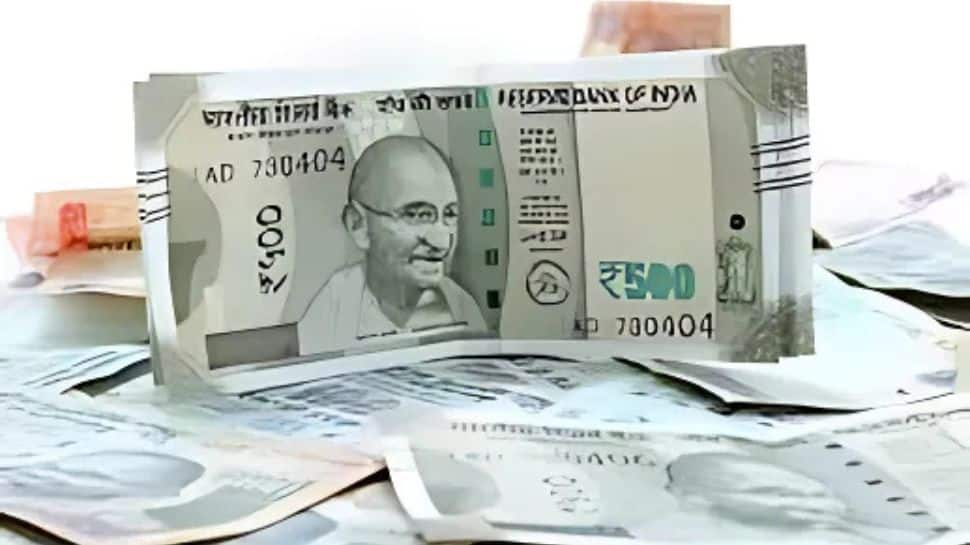Savings Account Holders Attention! Transaction Beyond THIS Limit May Attract Income Tax Notice- Check Rules, Deposit, Withdrawal Limit
Savings Account Transaction Limit in India: Have you ever thought about how much money you can keep in your savings account without getting a notice from the Income Tax Department? As per the rules, you shouldn't deposit or withdraw more than Rs 10 lakh in cash in a savings account in one financial year. If you go over this limit, the Income Tax Department might look into.
Cash Limit In A Single Transaction
)
Under Section 269ST of the Income Tax Act, individuals cannot receive over Rs 2 lakh in cash in a single transaction or related transactions on a single day in your savings account.
Annual Deposit Limit

If your total cash deposits across all savings accounts exceed Rs 10 lakh in a financial year, banks must report this to the Income Tax Department.
High-Value Transactions

Deposits above Rs 10 lakh in a financial year are flagged as high-value transactions. Under Section 114B, banks must notify the Income Tax Department about these deposits.
PAN Requirement for Large Deposits

Cash deposits exceeding Rs 50,000 in a single day require a PAN card. If unavailable, you must provide Form 60/61 as a substitute.
Responding to Income Tax Notices

If you receive an Income Tax notice for high-value transactions, provide adequate evidence, such as bank statements, investment records, or inheritance documents, to verify the source of funds.
Avoiding Income Tax Scrutiny

Maintain detailed records, including receipts or proofs, for large cash deposits from legitimate sources like business sales or gifts.
File Accurate Income Tax Returns

Ensure your Income Tax Returns (ITR) reflect all financial activities accurately. Avoid splitting deposits across multiple accounts, as this could still trigger scrutiny. (Image Credit: Freepik, File Photo)
Trending Photos








